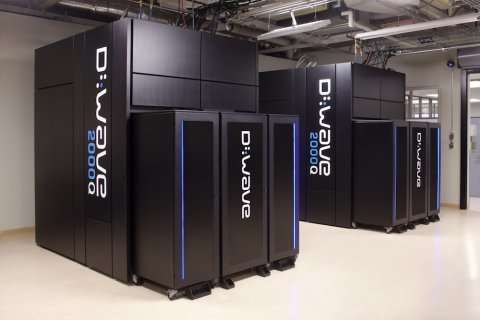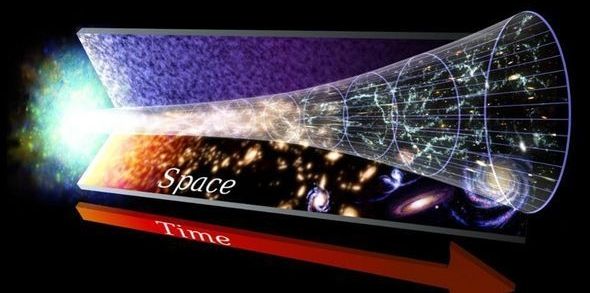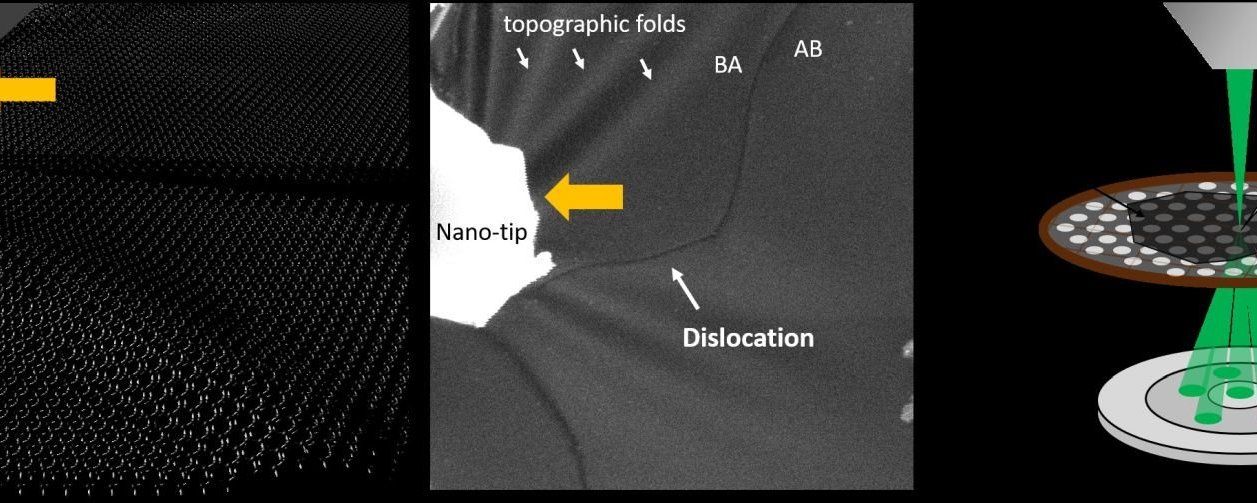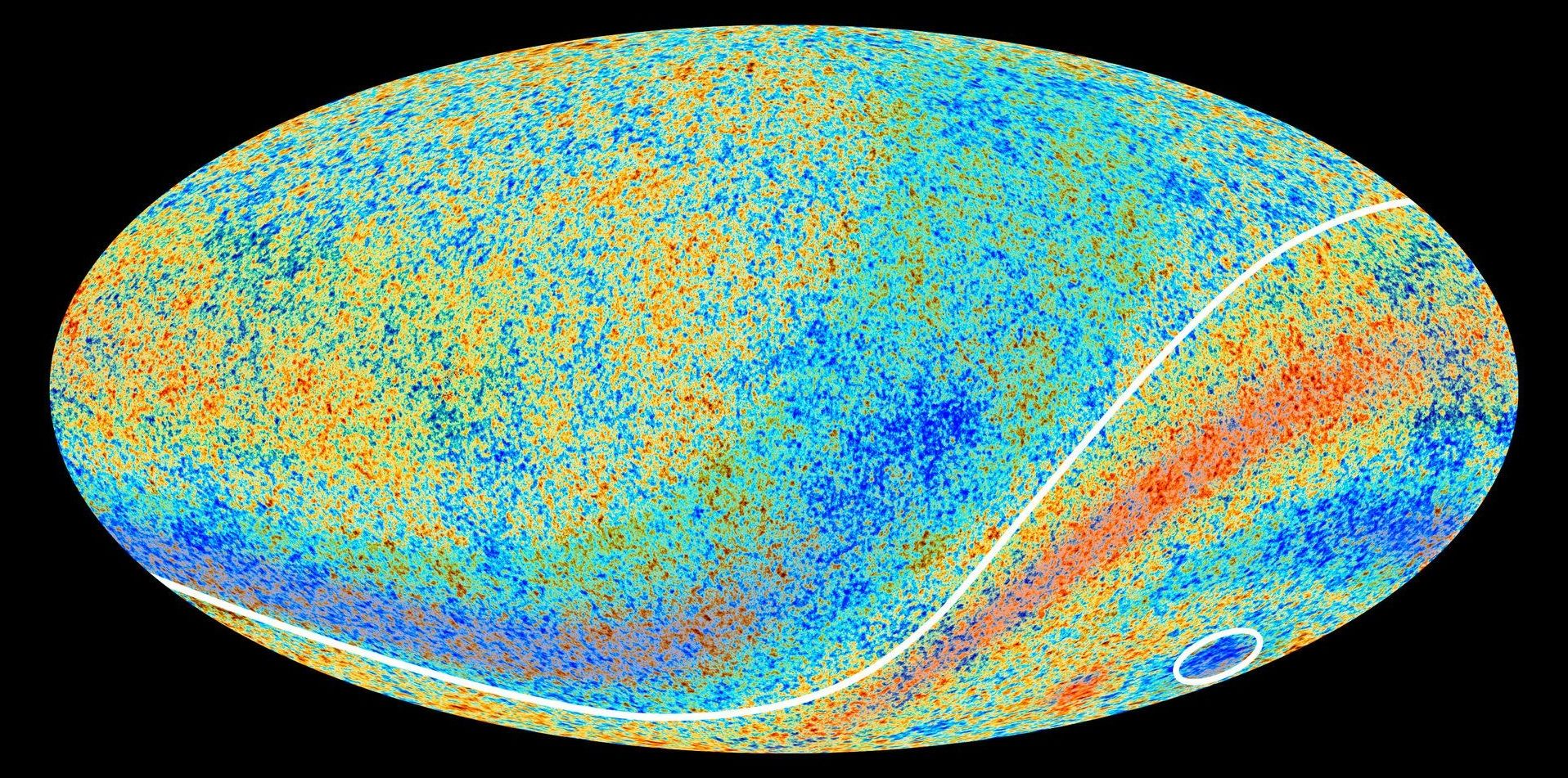Fully-programmable annealing quantum computer simulates phenomenon behind 2016 Nobel Prize. Promises faster materials prototyping at lower cost.
BURNABY, BC – (August 22, 2018) — D-Wave Systems Inc., the leader in quantum computing systems and software, today published a milestone study demonstrating a topological phase transition using its 2048-qubit annealing quantum computer. This complex quantum simulation of materials is a major step toward reducing the need for time-consuming and expensive physical research and development.
The paper, entitled “Observation of topological phenomena in a programmable lattice of 1,800 qubits”, was published in the peer-reviewed journal Nature (Vol. 560, Issue 7719, August 22, 2018). This work marks an important advancement in the field and demonstrates again that the fully programmable D-Wave quantum computer can be used as an accurate simulator of quantum systems at a large scale. The methods used in this work could have broad implications in the development of novel materials, realizing Richard Feynman’s original vision of a quantum simulator. This new research comes on the heels of D-Wave’s recent Science Magazine paper demonstrating a different type of phase transition in a quantum spin-glass simulation. The two papers together signify the flexibility and versatility of the D-Wave quantum computer in quantum simulation of materials, in addition to other tasks such as optimization and machine learning.








